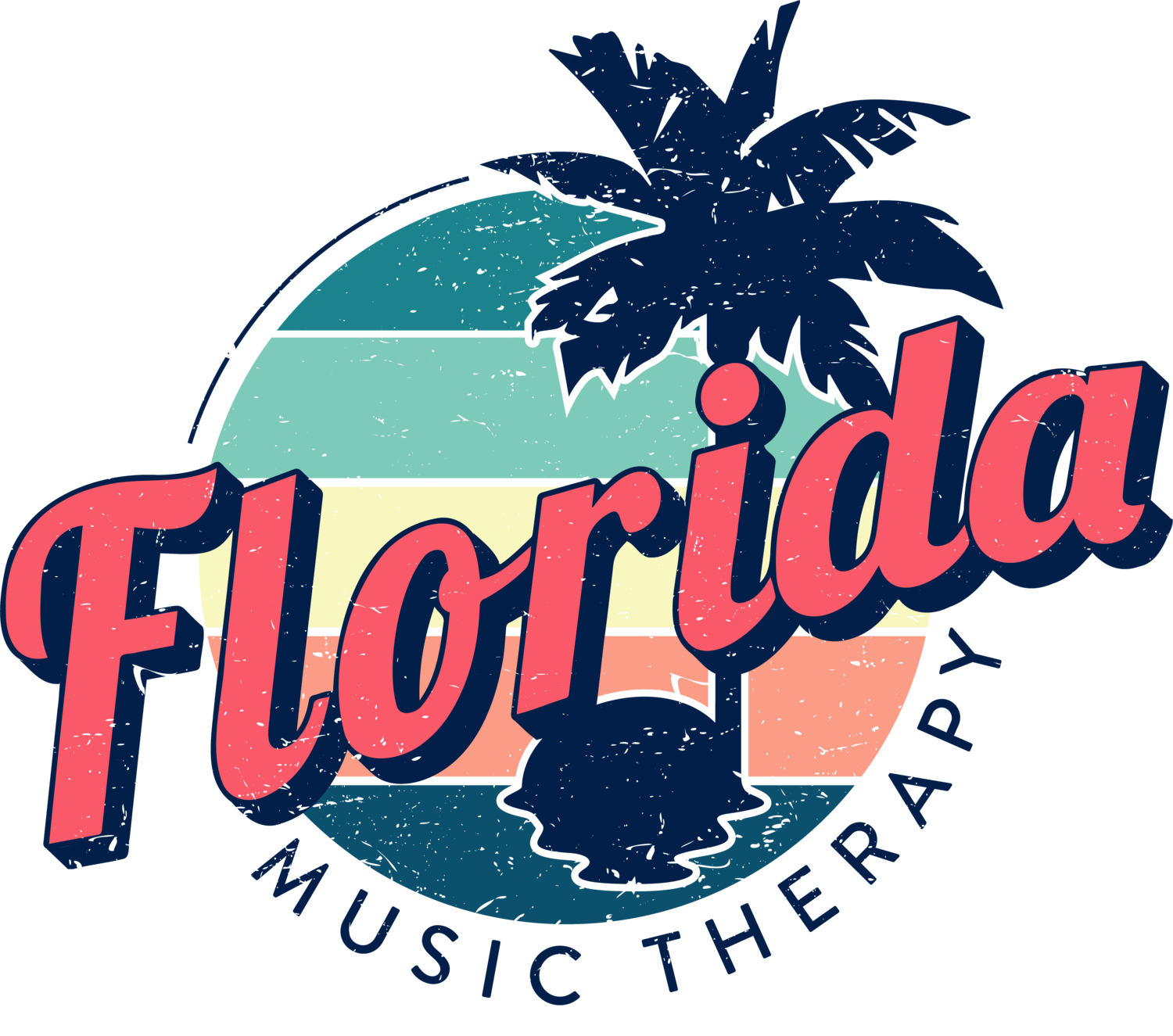Music Therapy: What is it and How Can it Benefit Children?
What is Music Therapy?
According to the American Music Therapy Association, Music Therapy is the clinical and evidence-based use of music experiences to accomplish individualized goals within a therapeutic relationship by a credentialed professional who has completed an approved music therapy program. Like physical, speech, and occupational therapy, music therapy is a recognized allied health field. It entails the therapeutic use of music to treat behavioral, cognitive, psychological, social, and/or physical functioning. Music therapy can provide remarkable results because it is a powerful and non-threatening tool. In order to promote changes and support the development of a child’s communication, social/emotional, sensory-motor, and/or cognitive skills, music therapy offers young children a distinctive range of musical experiences in a purposeful and developmentally appropriate way (AMTA, 2006).
How Does Music Therapy Make a Difference with Young Children?
● Music is highly motivating, yet it can also have a calming and relaxing effect. Preferred and enjoyable music activities are designed to be success-oriented and make children feel accomplished and confident
● Music therapy utilizes a “multi-modal approach” which facilitates many developmental skills and stimulates all of the senses that involves the child at many levels
● Quality learning and maximum participation occur when children are permitted to experience the joy of play. The medium of music therapy allows this play to occur naturally and frequently
● Music can expand socialization, self-expression, communication, and motor development. Children can easily and quickly mimic music and sounds they hear as a way to understand and expand their social-communicative skills
● Music can stimulate cognitive functioning and may be used for remediation of some speech/language skills because the brain processes music in both hemispheres
● Music therapy activates numerous sensory systems. Children with sensory processing disorders can benefit from music's structured and rhythmic nature, which can aid in the regulation and structure of their sensory experiences.
What Do Music Therapists Do?
Children are encouraged to sing, listen, move, play, and engage in creative activities by music therapists, which may improve their learning outcomes. Music therapists help children improve their self-awareness, confidence, cognitive skills, coping skills, and social behavior. In order to address areas of need, they analyze which musical styles, instruments, and approaches are most effective or inspiring for each kid and build on the child's organic, unstructured play. Music therapists build rapport with youngsters. They monitor the child's behavior and interactions while evaluating communicative, cognitive/academic, motor, social/emotional, and musical abilities. After establishing realistic goals and target objectives, music therapists construct and perform methodical music therapy experiences that include methods and approaches tailored to each individual. Music therapists record responses, evaluate progress on an ongoing basis, and frequently offer recommendations to other colleagues and the family. Music therapists will frequently recommend to team members and families how to incorporate effective music therapy approaches into other elements of the child's life as well.
Want to learn more? Please contact us for more information!
Florida Music Therapy proudly accepts Gardiner, Family Empowerment Scholarship (FES, SUFS, UA), AAA Scholarship, McKay, CDC+, HSA, Sunshine/CMS, StayWell, WellCare, ChampVA, and Simply insurances.
